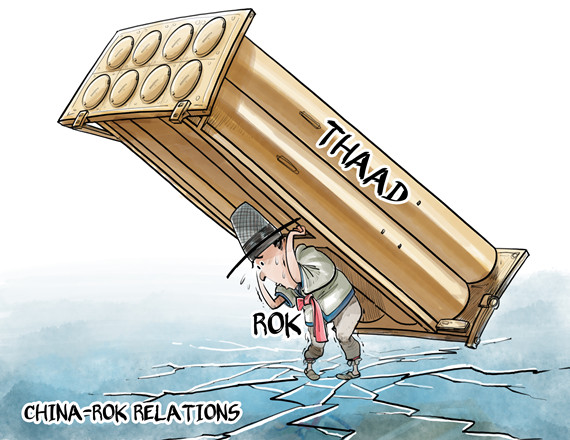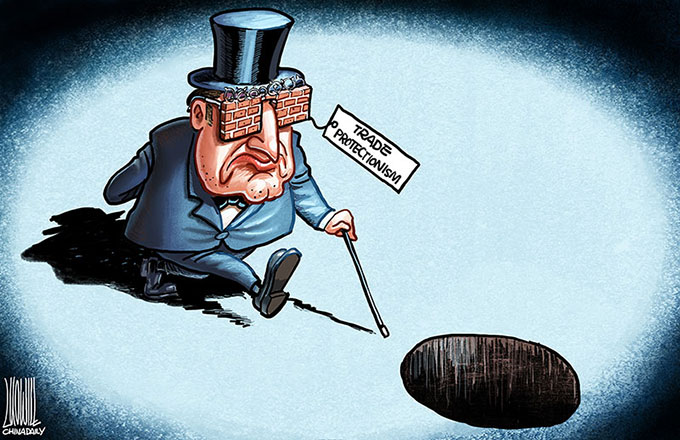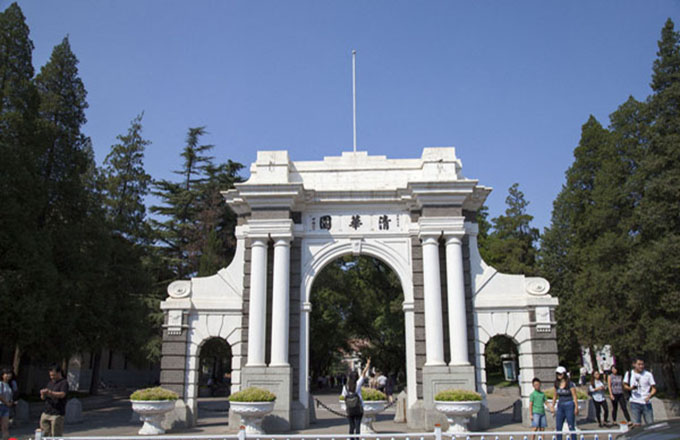China to undertake broader execution of structural reforms
From strong economy to higher living standards
In the past, the five-year plans have focused on accelerating the growth and strengths of the Chinese economy. In 2010-15, the annual GDP growth rate was 7.8 percent. In 2016-20, it will be closer to 6.5 percent. That is very much in line with economic development worldwide. Historically, industrialization accelerates growth, while the transition to post-industrial society means deceleration of growth.
In the past decades, the focus was still on growth and the Chinese economy. Now it is on living standards and Chinese people. The goal is to become a “moderately prosperous society” by 2020. The tough objective requires doubling GDP per capita from the 2010 level, while 55 million Chinese will be lifted from poverty.
Let’s put this goal in context. In 2010, average living standards – as measured by inflation-adjusted GDP per capita (PPP) – were about the same in China, Peru and Namibia, according to data by the International Monetary Fund (IMF). By 2020, standards are expected to be 2.3 times higher in China, as per capita income will double to $21,000. As living standards in Peru and Namibia will increase 1.5 times in the same period, those countries will fall over 25 percent behind China.
After three decades of world-record growth, China’s catch-up in living standards is likely to serve as a new model for other aspiring emerging and developing nations. In 2010, Chinese living standards were about 40 percent behind those in Iran, Brazil and Mexico, according to IMF data. By 2020 Chinese living standards will be right up with them.
In the past decade, there has been much talk about structural reforms in the US, Western Europe and Japan. Yet, only China has actually implemented such reforms. With growth, strategic plans are nice but execution is everything.
Dan Steinbock is the founder of Difference Group. He has served as research director of international business at the India China and America Institute (US) and a visiting fellow at the Shanghai Institutes for International Studies (China) and the EU Centre (Singapore).



















